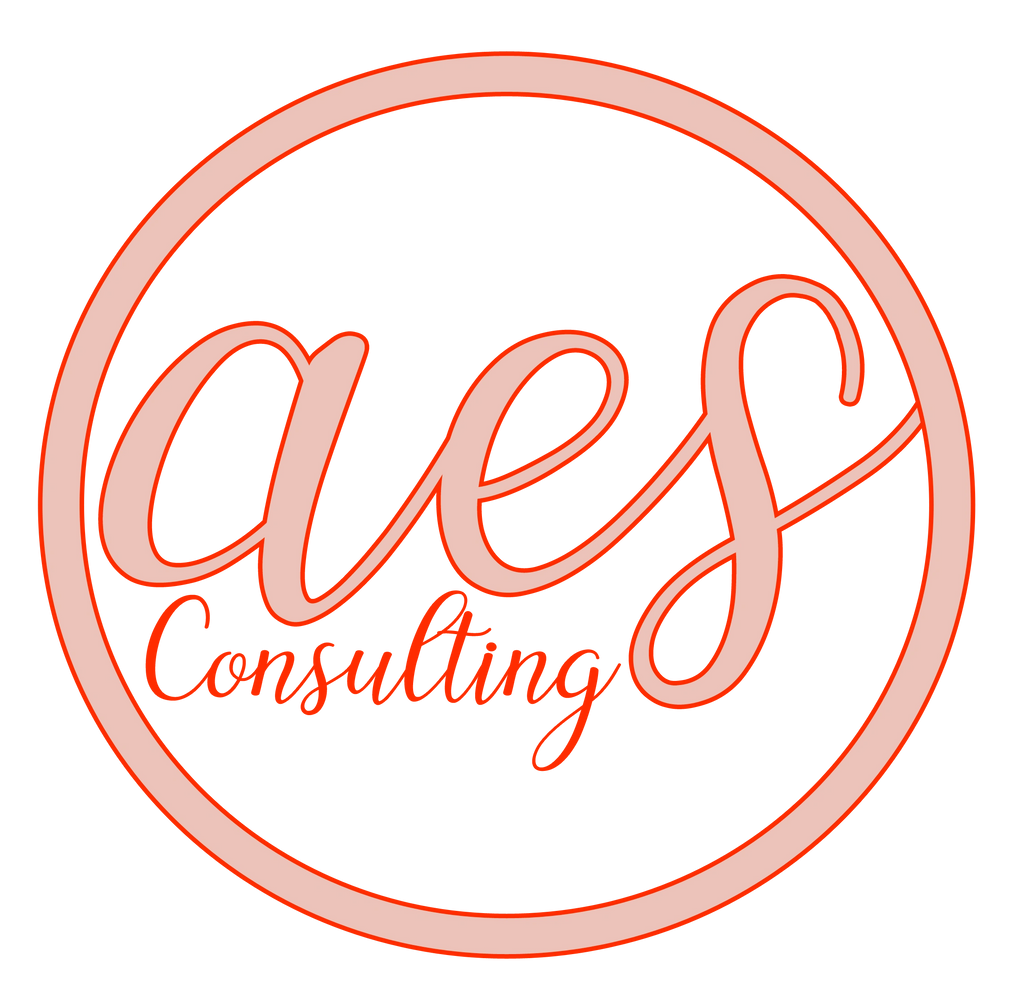
You can learn about the career and take steps to obtain a job as web developer. These steps include learning about the requirements of a web developer, creating a portfolio and resume, and earning certifications to help you stand out on the job market.
Step One: Identify Your Skills
You need to understand the web in order to become a competent web developer. This includes knowledge of HTML, CSS, JavaScript, and other programming languages. It also involves familiarity with popular tools and platforms used by web developers to design and build websites.
Next, determine your interests and passions. This will allow you to focus on the things you enjoy most about web development, which will help you develop your work quality.
In addition, your interests and passions can help you stay motivated to learn new skills, as well as provide a better way for you to approach work and communicate with clients and other professionals.

Once you have identified what your interests are, you can begin building a portfolio. This is a great way to display your talents and show off your specialized web development skills.
Portfolios should consist of your best projects. It should also include any certifications you have. This will make it easier for potential employers to see what you can do and why you are the right person for the job.
Step two: Apply for a web development job
After you have created your portfolio, it is time to apply for a job as a web developer. You can find job boards online or use career-search websites to do this.
While many jobs require a bachelor's or associate's degree in computer sciences, others may only require certifications. A doctorate or master's degree may be necessary for senior positions.
How to choose the right education plan
You should look for a program that offers both academic and non-traditional learning options such as bootcamps. These programs usually last three months or less and aim to provide you with the skills employers are looking for.

You will learn the basics of web development and coding. You will also be exposed to industry leaders and trends in the field.
You can keep improving your skills by learning online and self-studying. You can also seek mentors who will help you to navigate through difficult technical tasks.
The path to becoming web developers is not as difficult as you might think. It's actually often easier than you think. If you have the right mindset, the right education, and a strong interest in learning more about web development, you can be on your way to a fulfilling career in no time.
FAQ
What should I expect from my consultant
You should hear back from your chosen consultant within a few days. They will usually ask for information about your company, including its mission, goals, products, services, budget, etc. They will then send you a proposal that outlines the scope of work and estimates timeframe, fees, deliverables, milestones and other details.
If all goes well, the parties will then negotiate a written agreement. The terms of the contract will depend on the type of relationship between the two parties (e.g., employer-employee, employer-independent contractor).
If all goes according to plan, the consultant will begin working immediately. You will have access both to your documents and internal resources and the consultant's skills and knowledge.
Don't think that consultants are experts. To become an expert in any field you consult, it takes practice and effort. Do not expect your consultant to be an expert in every aspect of your business.
What should your consulting fees be?
It all depends upon what you offer. It doesn't matter if you offer services at no cost. But if your services or products are for sale, you will need to establish prices that reflect their value.
You don't have any products to sell if you provide low-quality services. You are not worth anything, so why should anyone pay you anything.
If you're providing high-quality services you might ask for a greater price. Because people are aware of the value you provide, they will be more willing to pay you a higher rate. Clients who purchase multiple packages may be eligible for discounts.
What was the origin of modern consultancy?
The first consultants were actually accountants who would help companies manage their finances. They were able to manage financial information and became "accounting experts". The role soon expanded to include other areas, including human resources management.
The French word for advice, "consultant", was originally used to describe someone who could advise on the management of an organization. The word consultant is still used by most business owners to refer to any kind professional advisor.
What kind of jobs are there for consultants?
A job as a consultant requires you to have an excellent understanding of business strategy and operations. You must also understand how businesses operate and how they fit into society.
Consultant work requires excellent communication skills and the ability to think critically.
Because they might be required to complete different tasks at different times, consultants must be flexible. Consultants should be able to quickly change their direction if necessary.
They should be able to travel extensively for clients. This type work can take them anywhere in the world.
They also need to be able to handle pressure and stress well. Consultants might sometimes have to meet tight deadlines.
Consultants might be required to work long hours. This can mean you might not always receive overtime compensation.
How do I choose a good consultant?
There are three main things to keep in mind:
-
Experience - How skilled is the consultant? Is she a beginner? Intermediate? Advanced? Expert? Do her qualifications and knowledge show on her resume?
-
Education - What did this person study in school? Did he/she take any relevant courses after graduating? Is there evidence that he/she learned from the writing style?
-
Personality - Do we like this person? Would we like him/her to work with us?
-
These questions are used to determine if the candidate is right for us. If the answers to these questions are unclear, it might be worth a first interview to get more information about the candidate.
What types of contracts exist for consultants?
Most consultants sign standard employment agreements when hired. These agreements outline how long the consultant will work for the client, what he/she will get paid, and other important details.
Contracts will also outline the areas of expertise and compensation for the consultant. An agreement could state, for example, that the consultant will offer training sessions, workshops and webinars.
Sometimes, the consultant just agrees to complete certain tasks within a defined timeframe.
In addition to standard employment agreements, many consultants also sign independent contractor agreements. These agreements allow consultants to work independently while still receiving payment.
Statistics
- So, if you help your clients increase their sales by 33%, then use a word like “revolution” instead of “increase.” (consultingsuccess.com)
- 67% of consultants start their consulting businesses after quitting their jobs, while 33% start while they're still at their jobs. (consultingsuccess.com)
- Over 50% of consultants get their first consulting client through a referral from their network. (consultingsuccess.com)
- My 10 years of experience and 6-step program have helped over 20 clients boost their sales by an average of 33% in 6 months. (consultingsuccess.com)
- WHY choose me: Why your ideal client should choose you (ex: 10 years of experience and 6-week program has helped over 20 clients boost their sales by an average of 33% in 6 months). (consultingsuccess.com)
External Links
How To
What is a typical day for a consultant?
Each type of work will dictate the day's pace. However, the majority of your day will consist of research and planning, meeting clients and preparing reports.
Clients will often meet with you to discuss their problems. These meetings may be over the phone via email, on-line, or face-to–face.
It is possible that you will be asked to write proposals. These documents outline your ideas and plans, and are required by clients. Before presenting these proposals to clients, you will usually need to discuss them with a colleague or mentor.
You will need to create content after all your planning and preparation. This could include writing articles, designing websites or editing photos.
Depending on the scope of the project, you may need to do some research in order to gather relevant statistics or figures. This could include finding out how many customers your company has and whether they purchase more than one product.
Once you have all the information needed, it is time for clients to see your findings. You can present your findings verbally or in writing.
You must also follow up with clients following the initial consultation. You could phone them occasionally to check on things or send an email asking them to confirm that you have received their proposal.
Although this process can take time, it is important to stay focused and build good relationships with your clients.